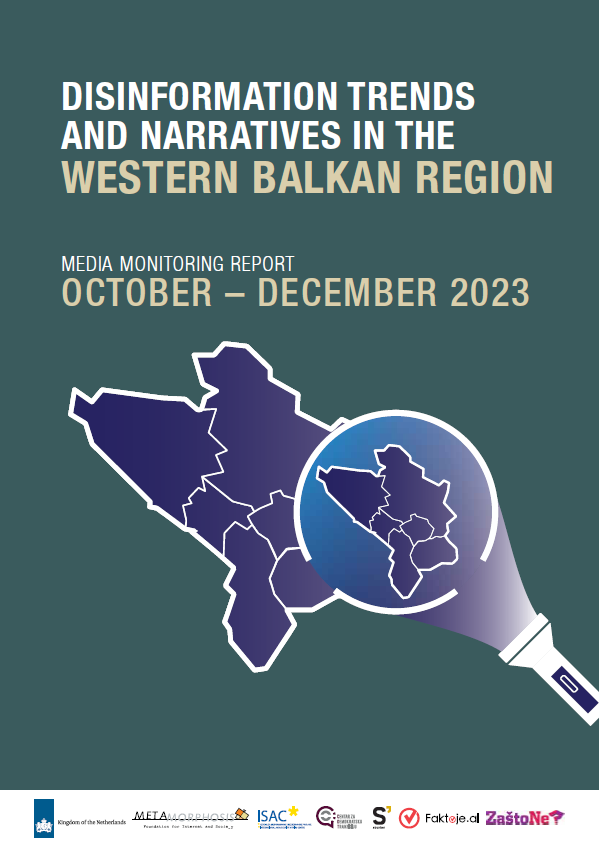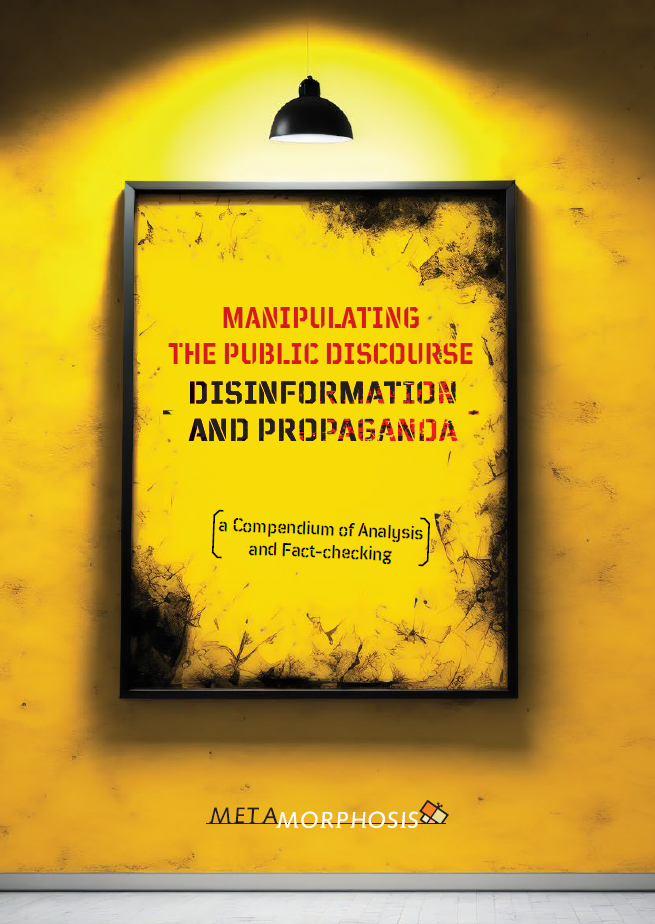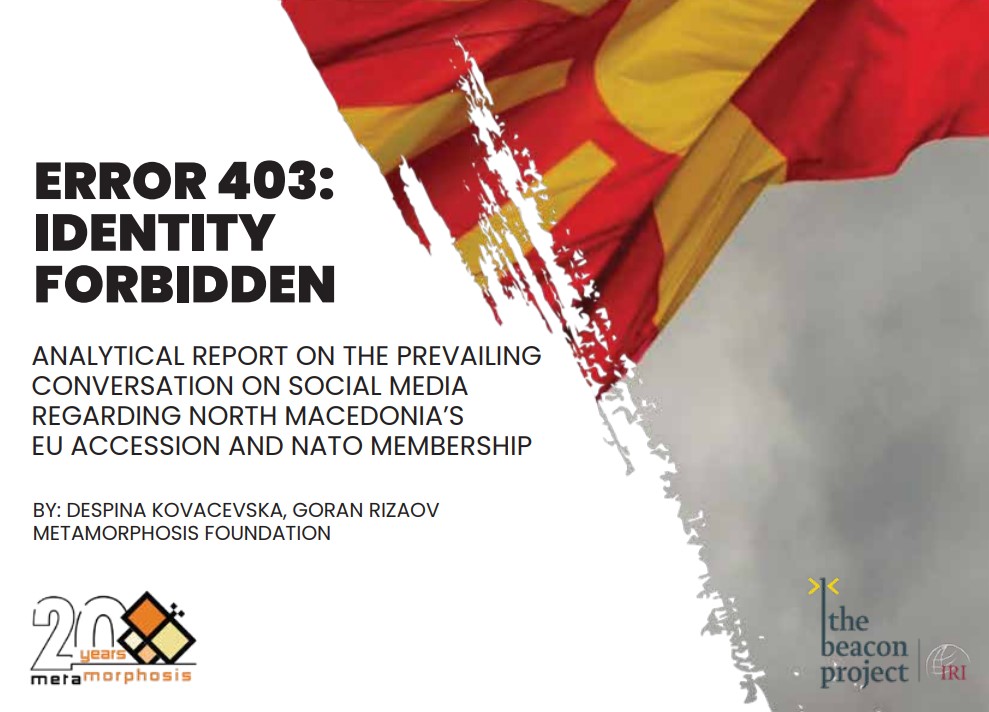Disinformation and fake news are not just a media problem, but a security problem which may hinder realization of the most important strategic objectives in the Western Balkans. It is imperative for all the countries in the region to establish close mutual cooperation and access EU and NATO expertise in creating resilience and response strategies towards foreign malign influences, indicates the analysis of the geopolitical perspective of disinformation flow in the Western Balkans, conducted within the framework of the project Western Balkans Anti-Disinformation Hub: Exposing Malign Influences through Watchdog Journalism.
In recent years, foreign malign influence in the Western Balkans has intensified their efforts for undermining democratic development of the region. Harmful external pressures make use of key political developments and events within the countries, but also manipulate with global issues such as COVID-19 and most recently – the Russian aggression on Ukraine. Since the start of the all-out Russian invasion in February 2022 there have been increased efforts by the Kremlin and its WB proxies, through massive production of fake news to approve of the aggression and to blame NATO, the EU and the USA as main culprits for “provoking” the war.
This research report maps key trends and patterns in disinformation dissemination throughout the region in the period January-December 2022 as well as foreign interests spread through propaganda and influence campaigns seen through geopolitical lens. It takes into account multiple determinants of the region: its geographical position, culture and history of the peoples as well as national needs and expectations. The research report observes the specifics of the region as a whole and separately for each country. It focuses on the phenomenon of fake news, disinformation and foreign propaganda distributed through public media and social networks that is gaining huge potential for geopolitical influence and turns into security threat. It is a phenomenon which enables a small number of actors to abuse social networks and media ecosystems for destructive influence.




























